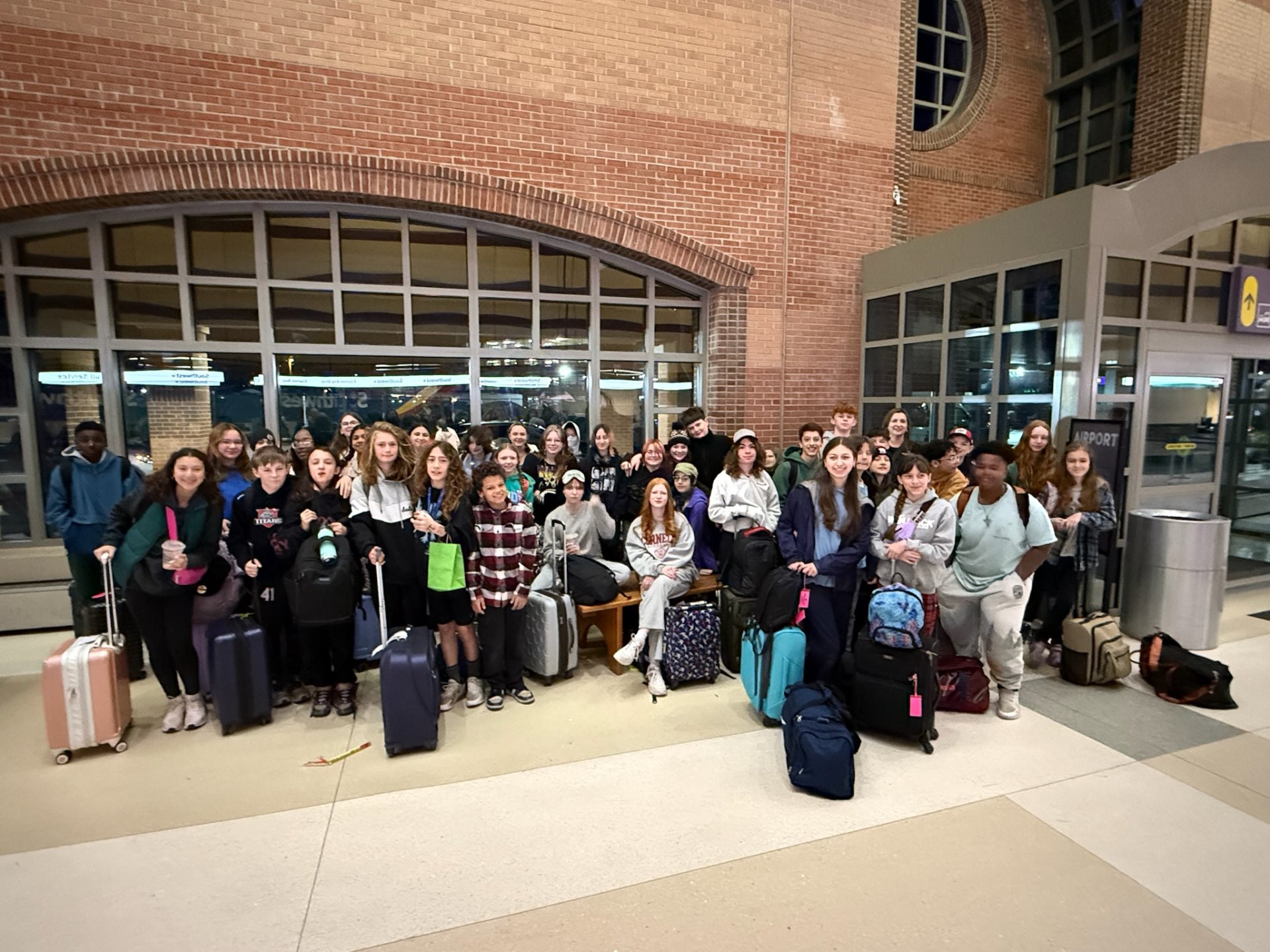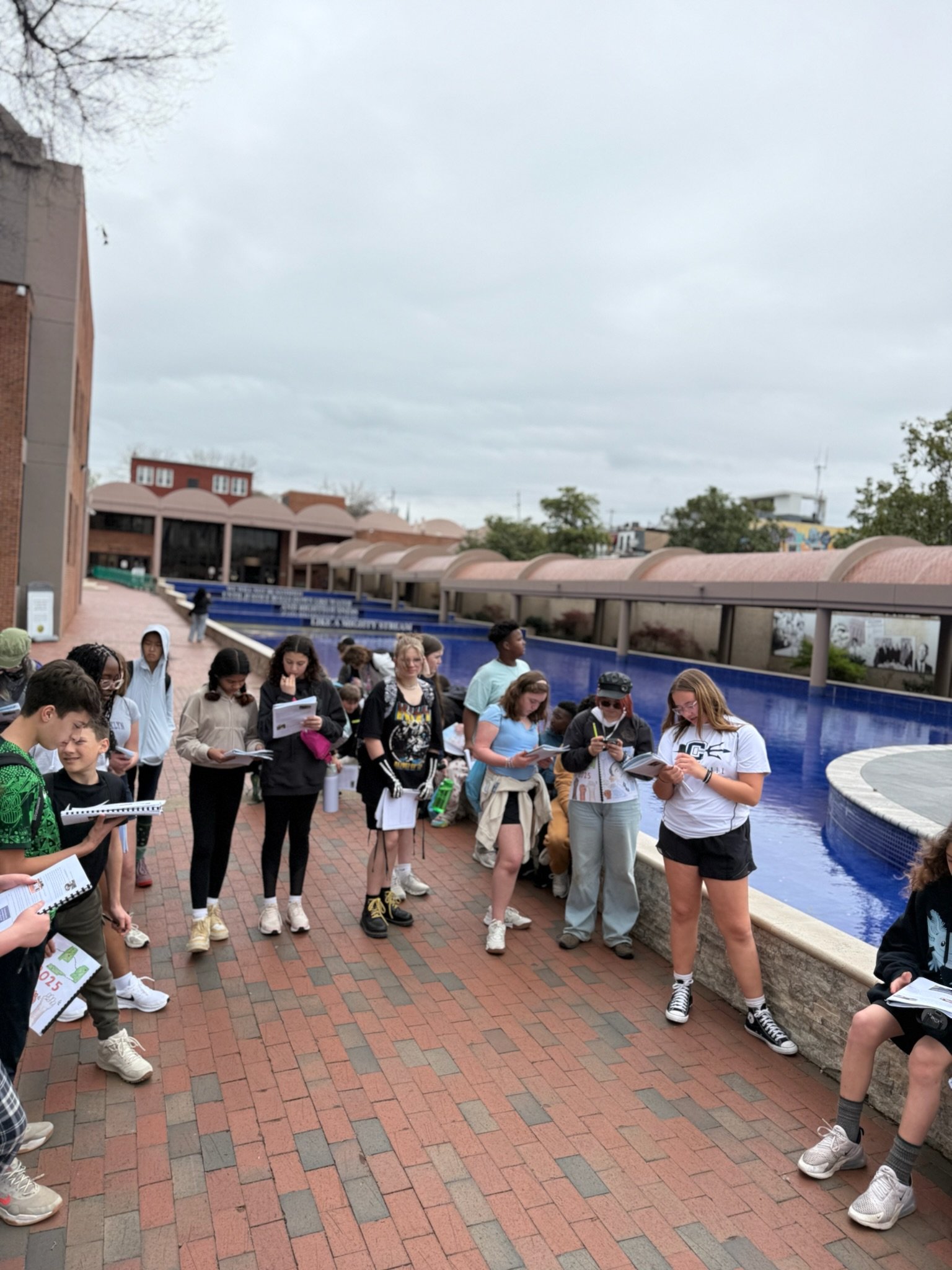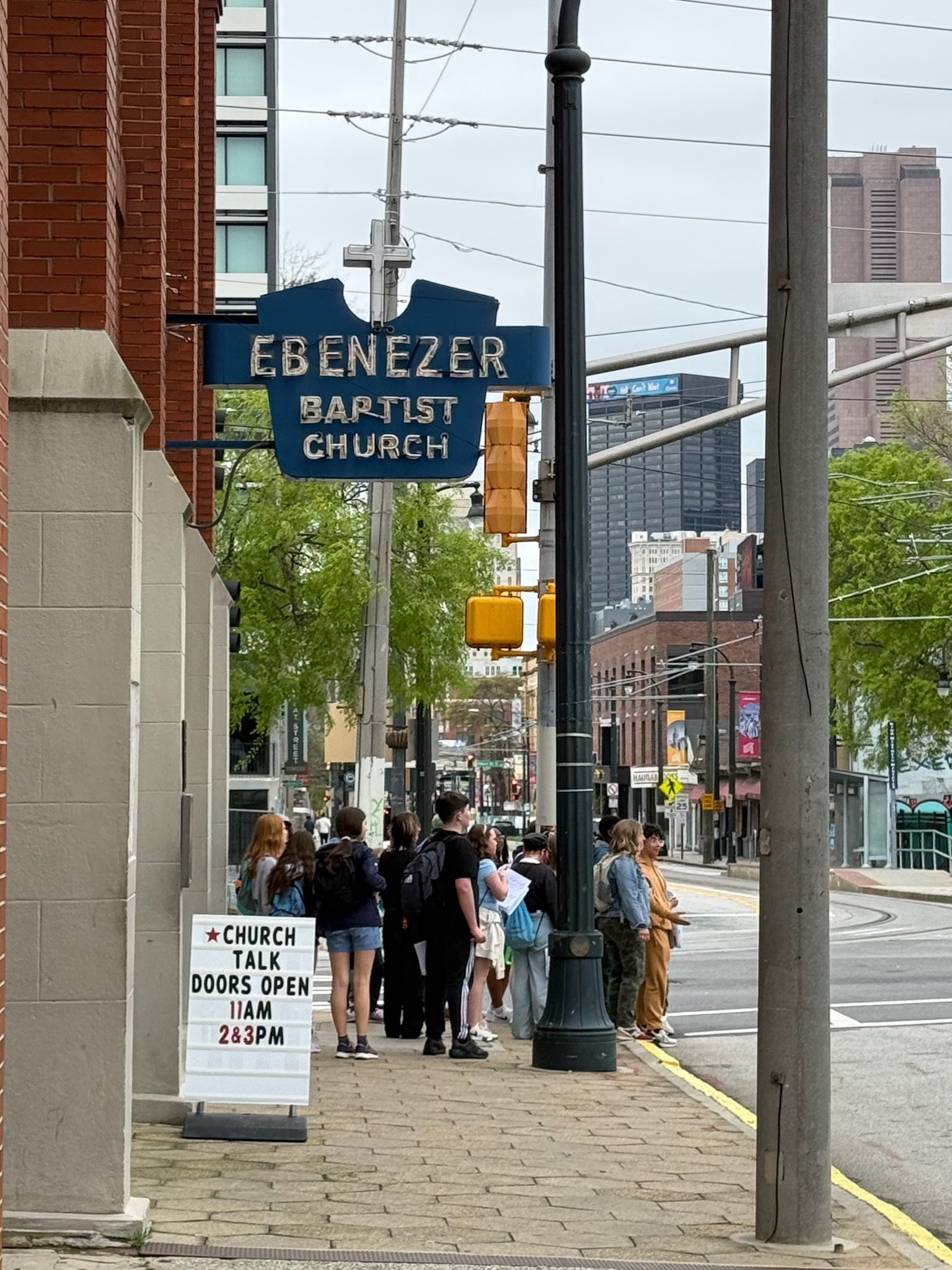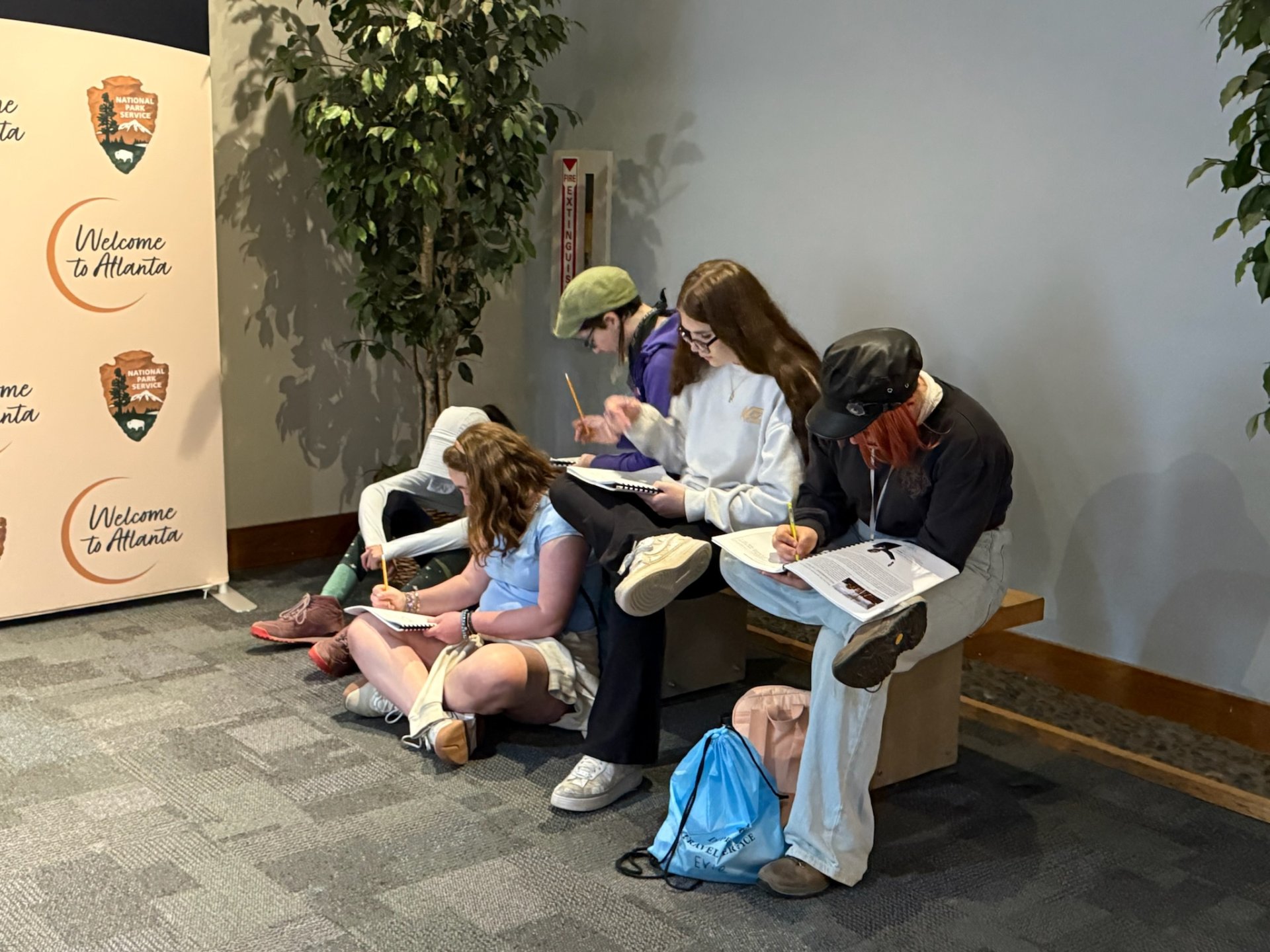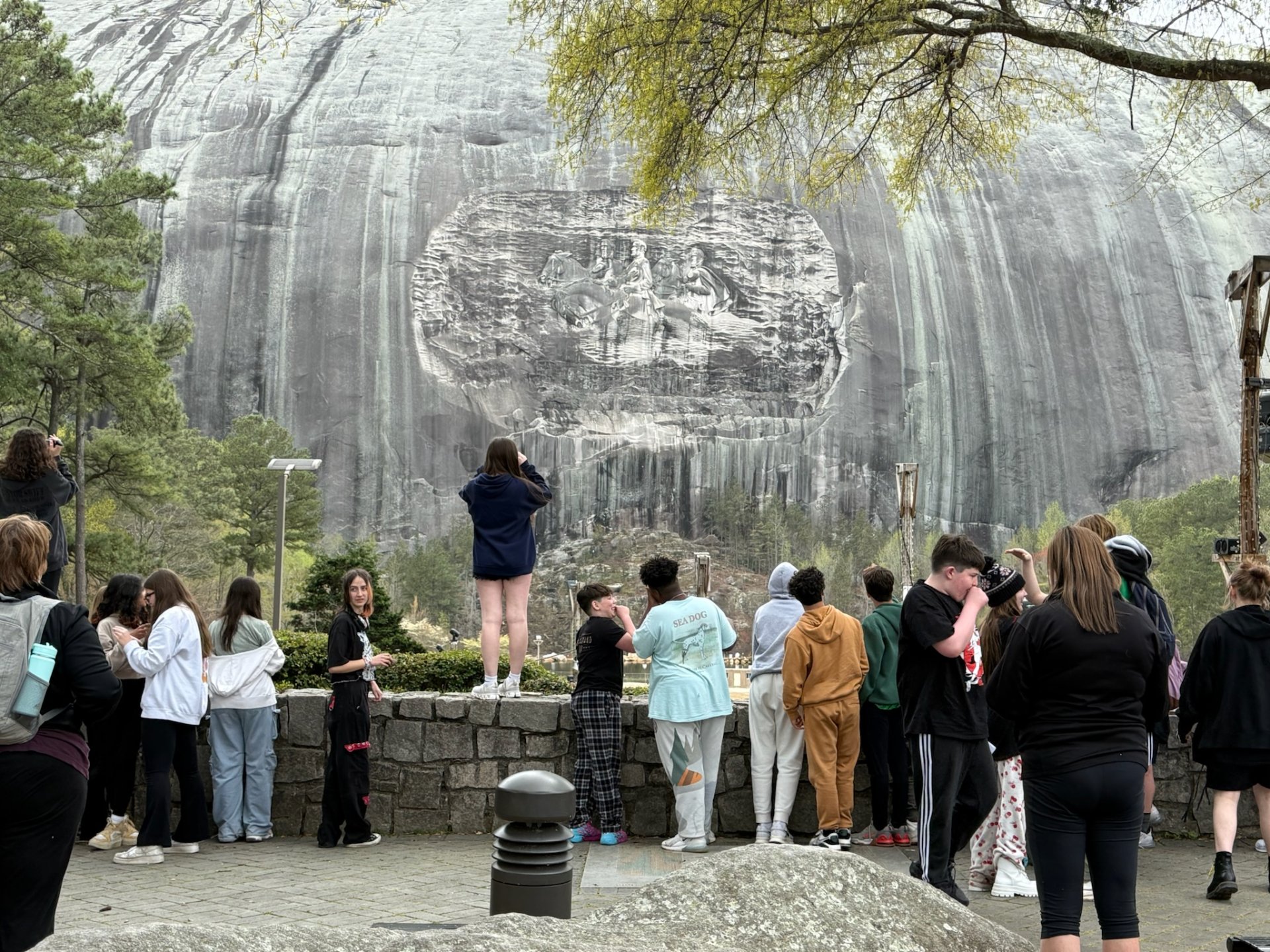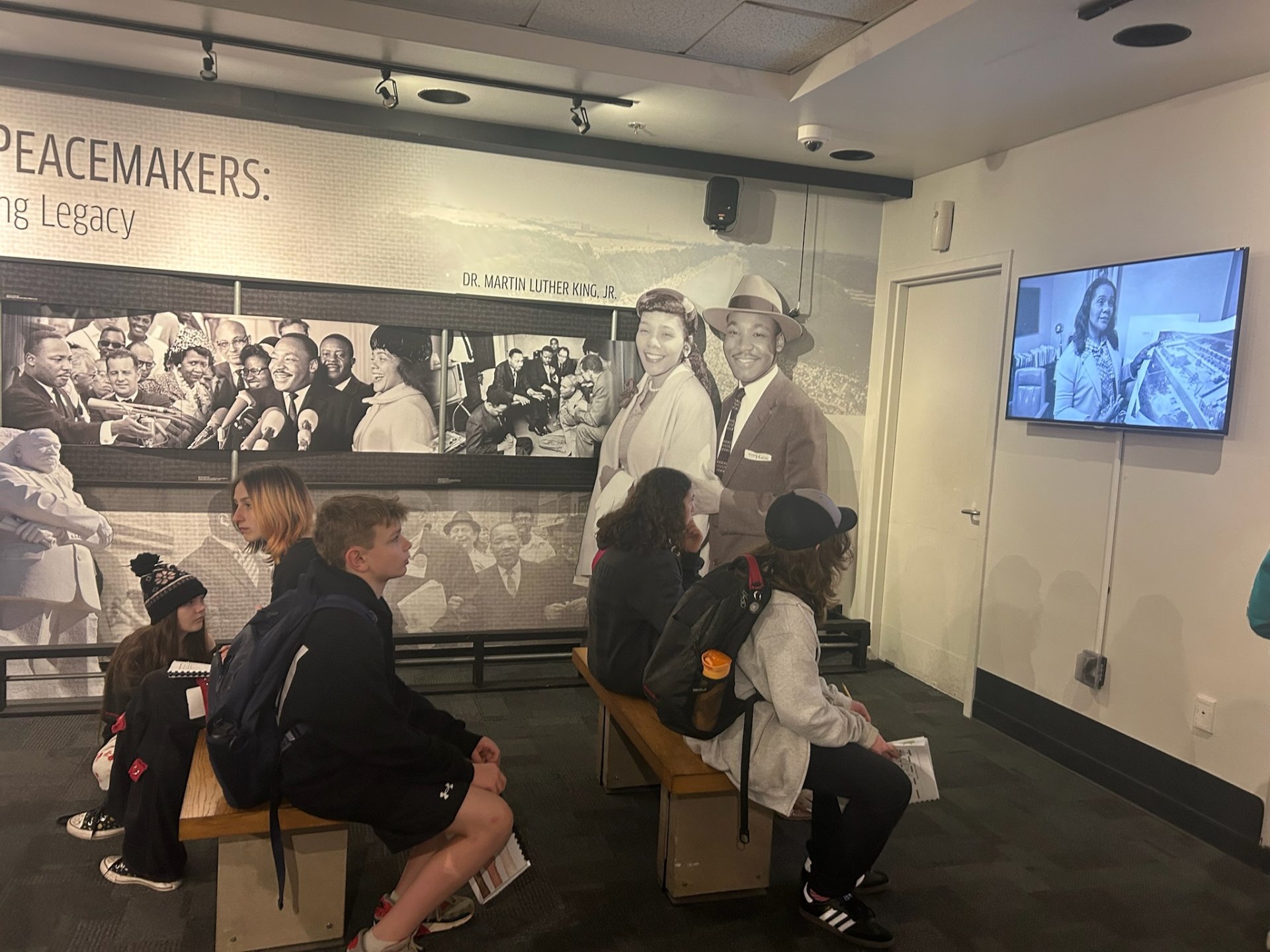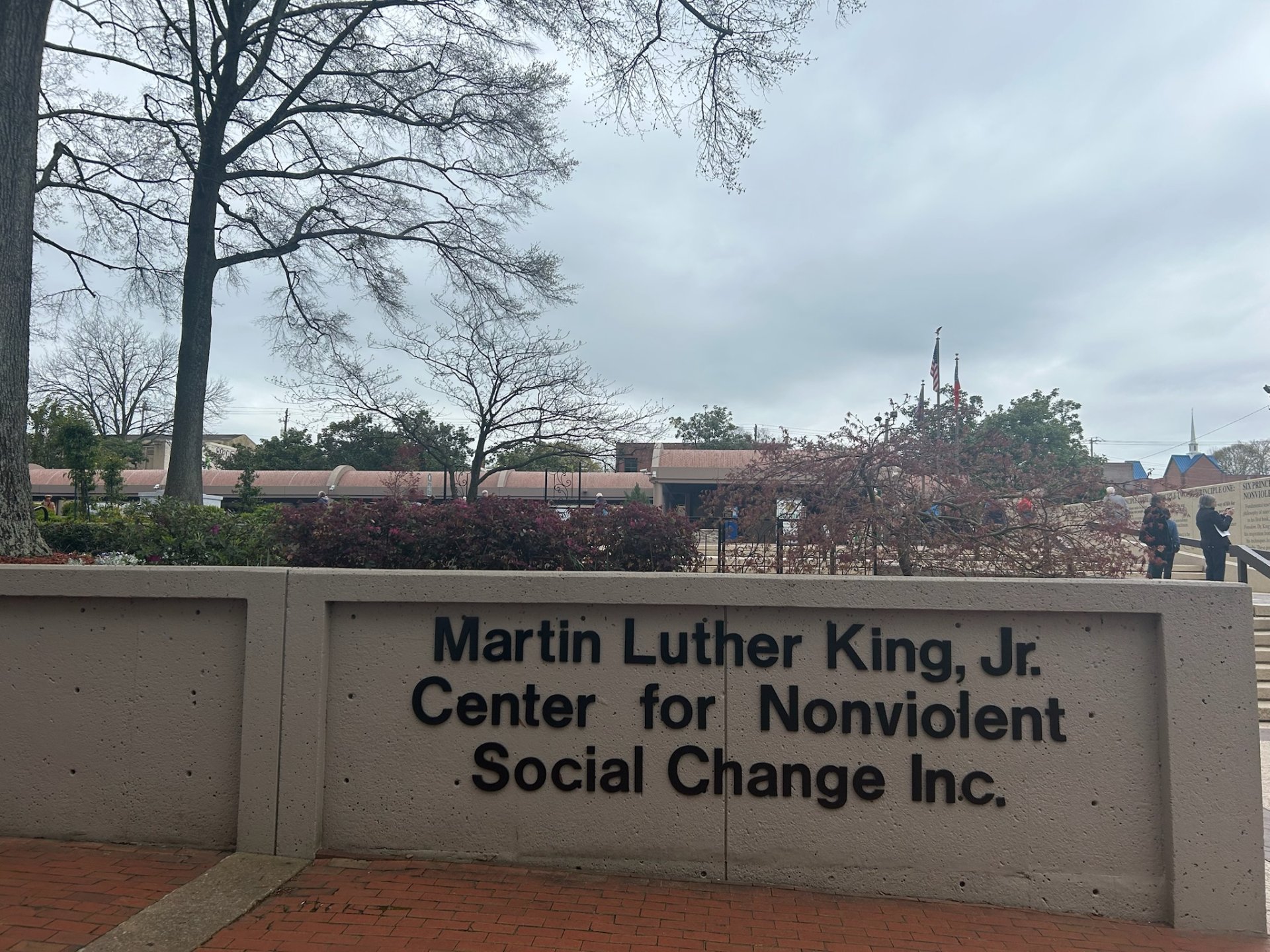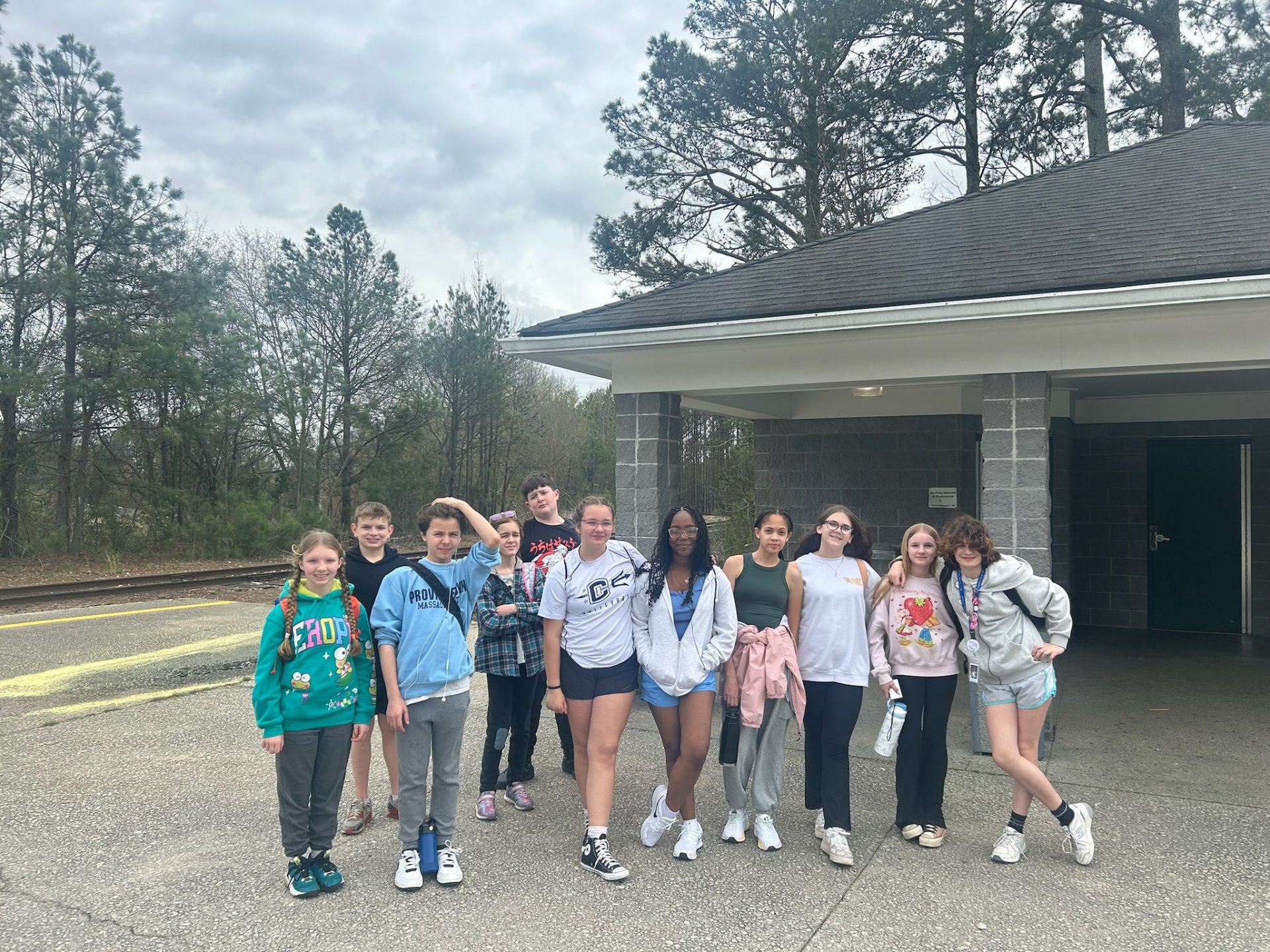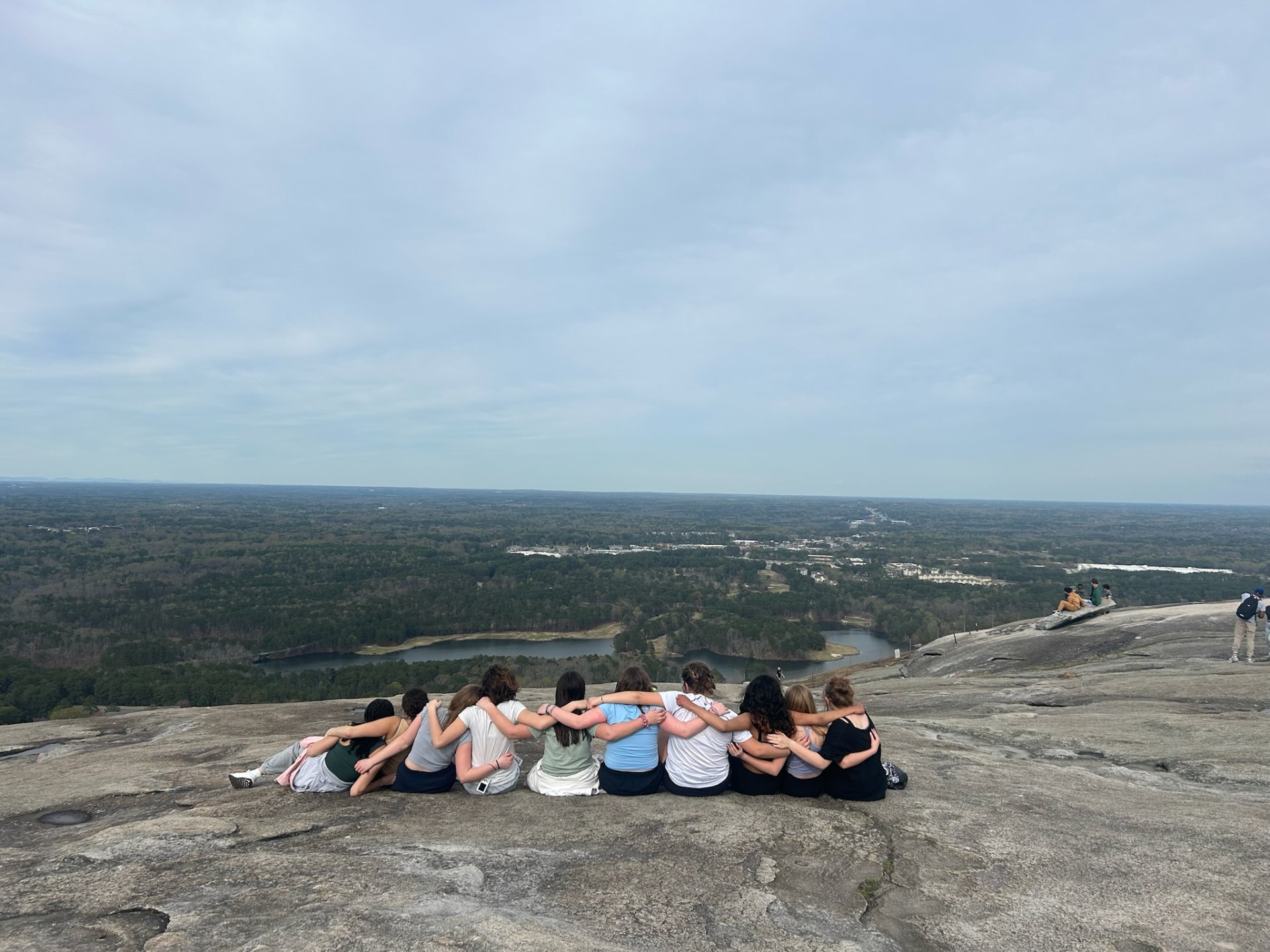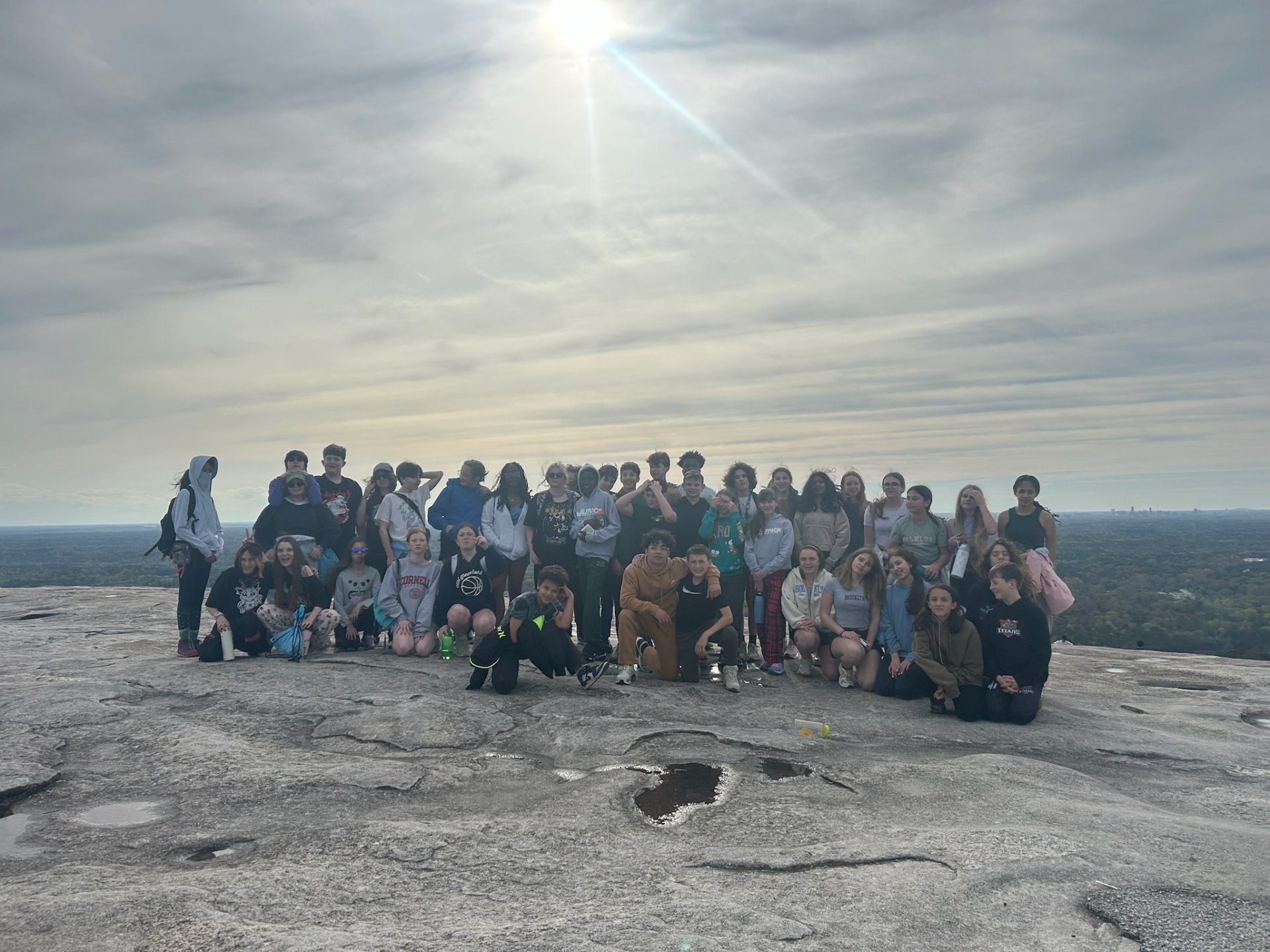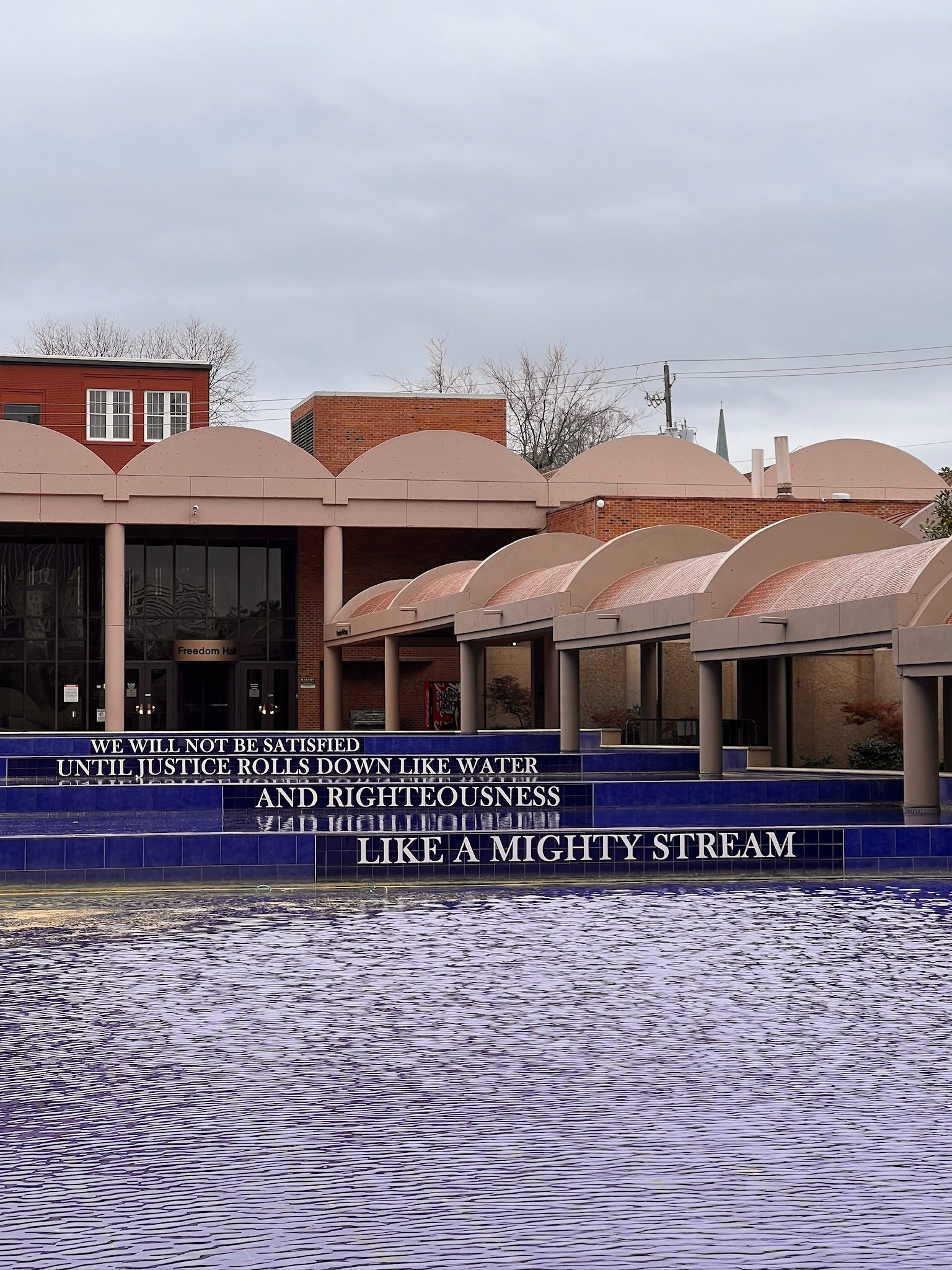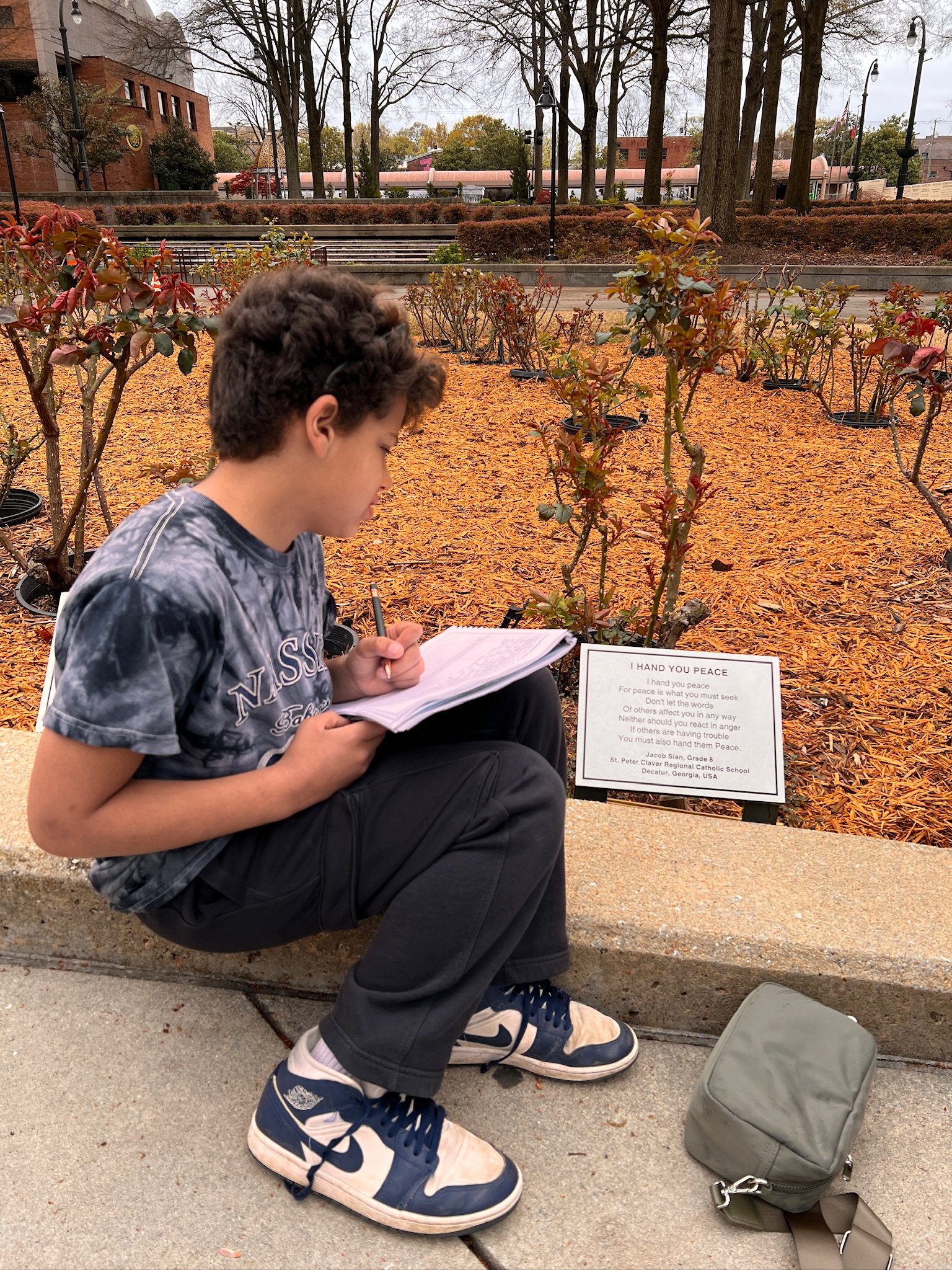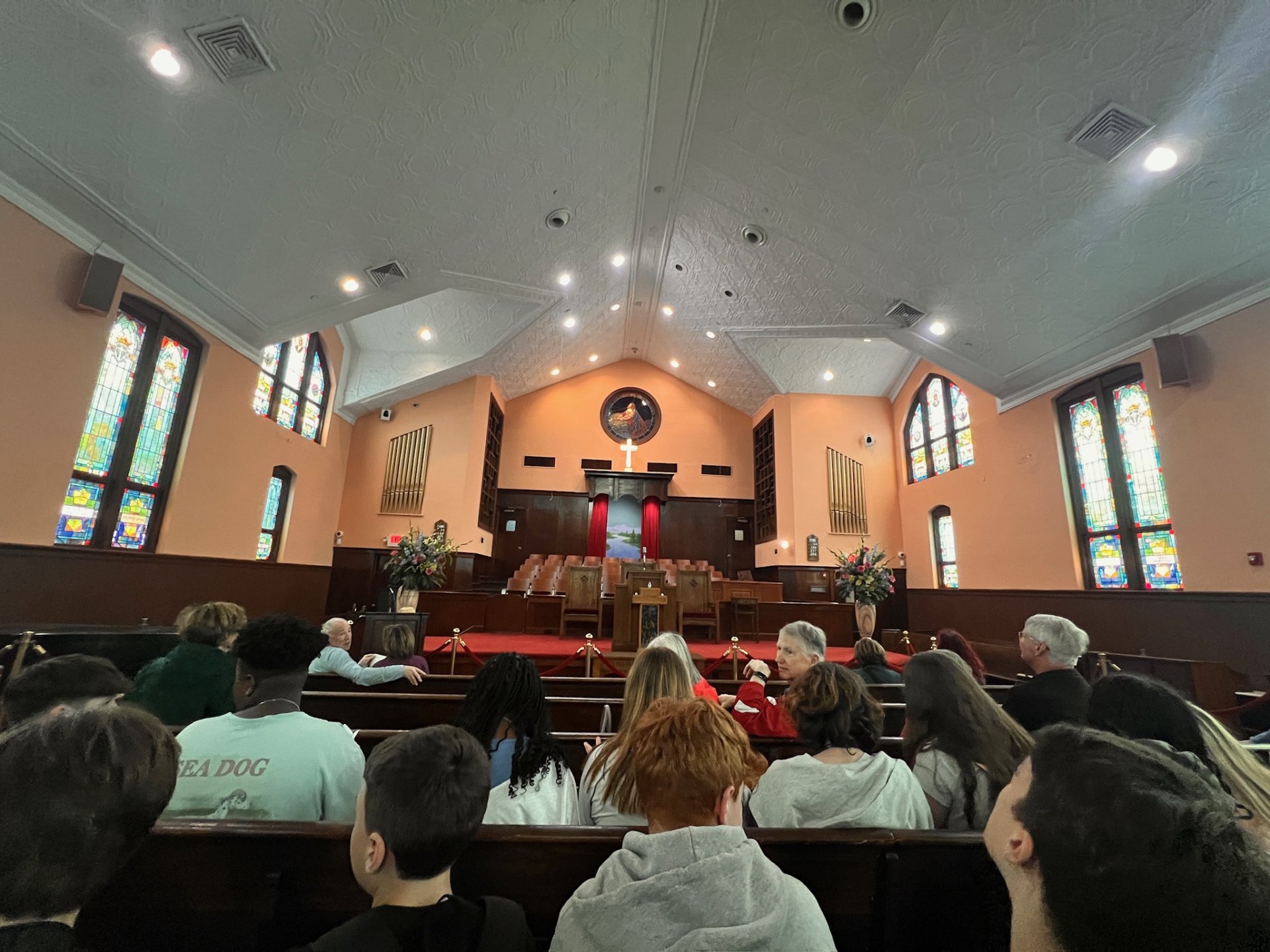Cultural Lessons in Montessori: A Journey Through Time, Place, and Experience
March 24th, 2025
Cultural lessons are a cornerstone of the Montessori curriculum, offering students a deep and meaningful connection to the world around them. From Primary through Middle School, these lessons are designed to foster an appreciation for history, geography, and global perspectives, while also developing critical thinking, empathy, and social responsibility. More than just acquiring knowledge, Montessori students engage in hands-on experiences that bring history and culture to life.
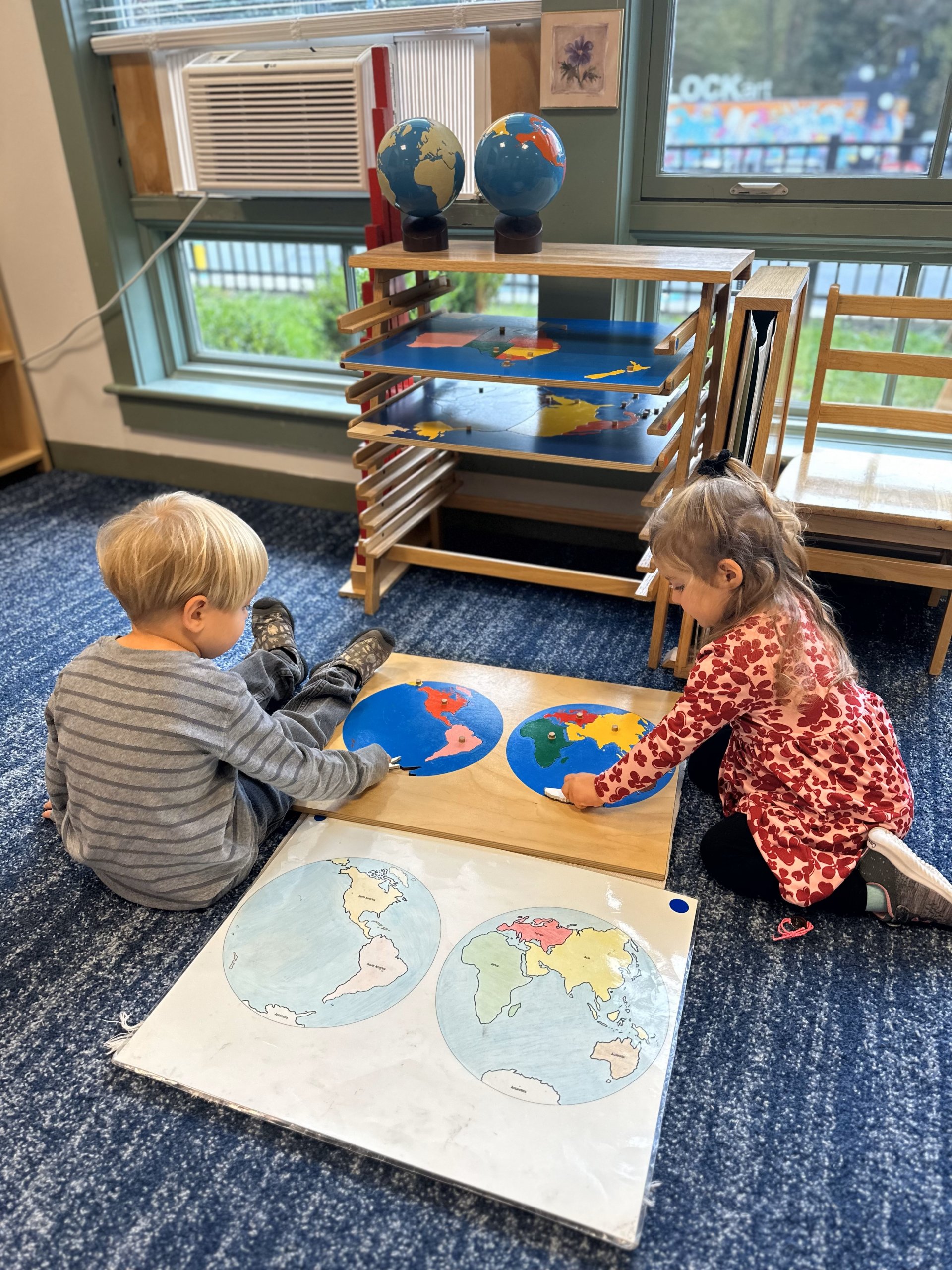
A Continuum of Learning
Cultural studies in a Montessori classroom begin in the earliest years with concrete, sensory-based experiences. Primary students explore geography through puzzle maps and hands-on materials, learning about continents, landforms, and diverse cultures. They hear stories from around the world, engage in celebrations of different traditions, and begin to understand their place in a larger, interconnected world.
As students move into Elementary, cultural studies expand to include the Montessori Great Lessons, a series of impressionistic stories that ignite curiosity about the universe, life on Earth, and human civilizations. Students delve into history, anthropology, and geography through research projects, hands-on experiments, and storytelling, making abstract concepts tangible. Their studies emphasize human ingenuity, resilience, and interdependence, helping them see themselves as part of a larger historical and cultural narrative.
By Middle School, students apply their learning in increasingly complex and real-world ways. They study social movements, governance, and the forces that shape societies, analyzing primary sources and discussing real-world issues. These lessons don’t just stay in the classroom—they become immersive, transformative experiences.
Learning Beyond the Classroom: The Civil Rights Intercession
A defining feature of Montessori education is its emphasis on real-world learning. Rather than simply reading about history, students engage with it firsthand. This is exemplified in the Middle School Civil Rights Intercession, where students travel through the Southern United States to visit key landmarks and historic sites related to the Civil Rights Movement.
Walking across the Edmund Pettus Bridge in Selma, standing in front of the 16th Street Baptist Church in Birmingham, or exploring the National Civil Rights Museum in Memphis gives students a profound and personal connection to history. These experiences deepen their understanding of activism, justice, and the ongoing struggle for equality, aligning with Montessori’s goal of preparing students to be engaged, compassionate citizens.
Let's hear from Shema, a soon to be graduate of WHMS, about his anticipation of the trip occurring this week, March 24 - 28, 2025. We will be sharing reflections and photos all week long.
"Today is the last day of school before our trip! We’re so excited—we can’t believe we will visit some of the most important places in American History. Although some of the history makes us sad, we’re still so excited to get to see all of these new places. It’s so cool to be on the grounds where people who participated in the Civil Rights Movement marched, like MLK who we learned a lot about and we’re going to visit a museum based on him. The process it took to get here was very grueling but very worth it. It’s kind of like hiking a mountain. It's tiring at first but the view is all worth it. Speaking of mountains, when we get to Georgia, we are going to hike up Stone Mountain. Everyone is so excited about that; the hotels we’ve looked at are also awesome, they are all so cool and we can’t wait to spend time with these amazing people. We are so grateful to all of the generous people who put this together, especially the teachers. They have worked so hard to achieve this for us and to make this possible and we couldn’t thank them enough for it.
Weekdays are usually somewhat boring but this isn’t the case for the trip though, I feel as if weekdays are the most lively and fun day out of all the days of the trip because we’re now used to everything and excited for the rest of the week. We also get a lot of valuable information on this day that we can use to reflect on the future and better our understanding of history. Also, we will be going to Journey of the Soul in Selma, Alabama. Journey of the Soul is a non-profit organization created by JoAnne Bland, who marched on Bloody Sunday at the age of 11. There is so much we are going to learn on this trip and we are so excited about that.
Weekends are usually the best, we get to be home and have a break but weekends during the trip week are saddening to us, those learning opportunities will be gone and we wouldn’t get to have those experiences. That’s why we are all so excited to treasure these limited moments and live in the moment."
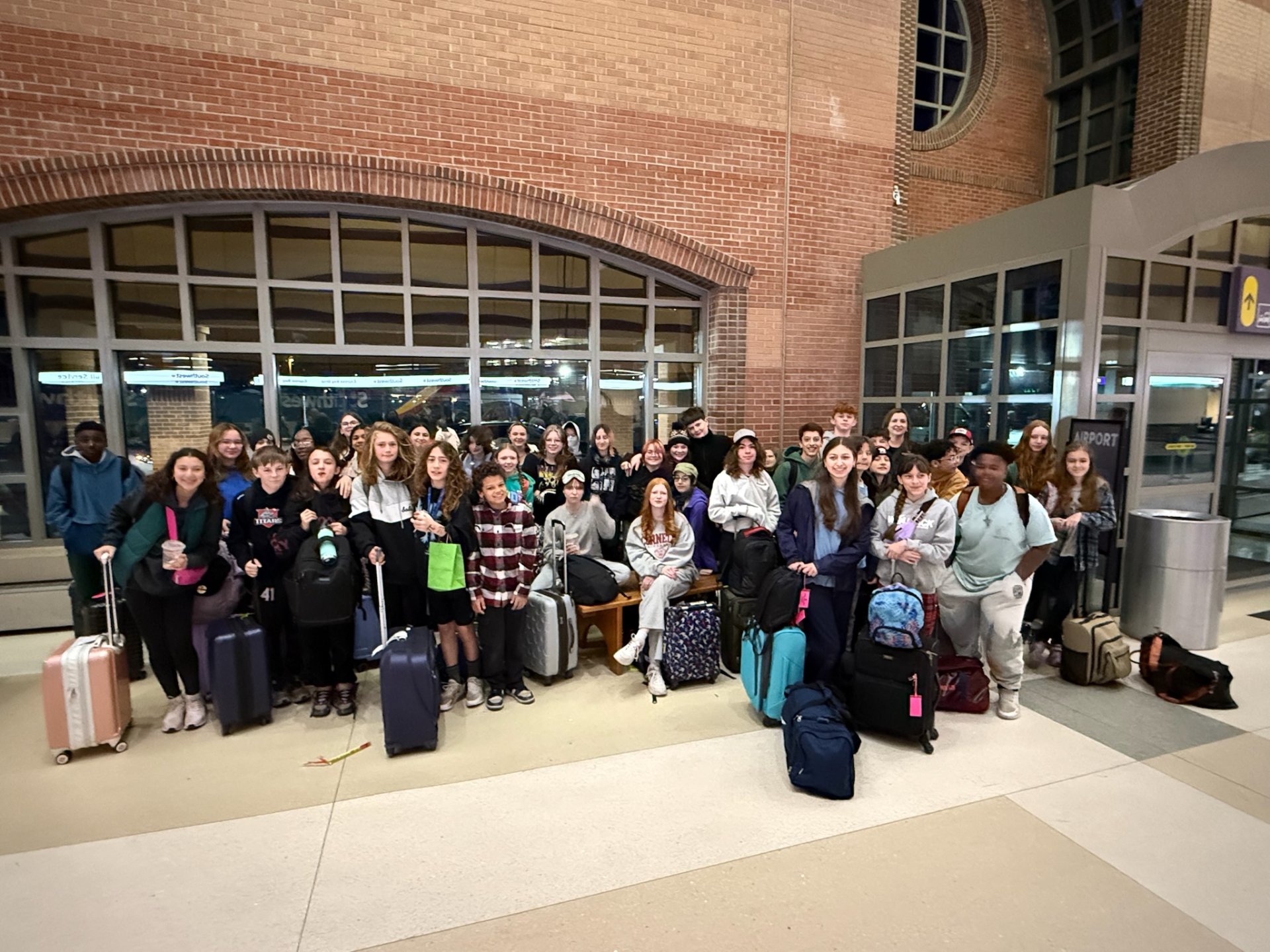
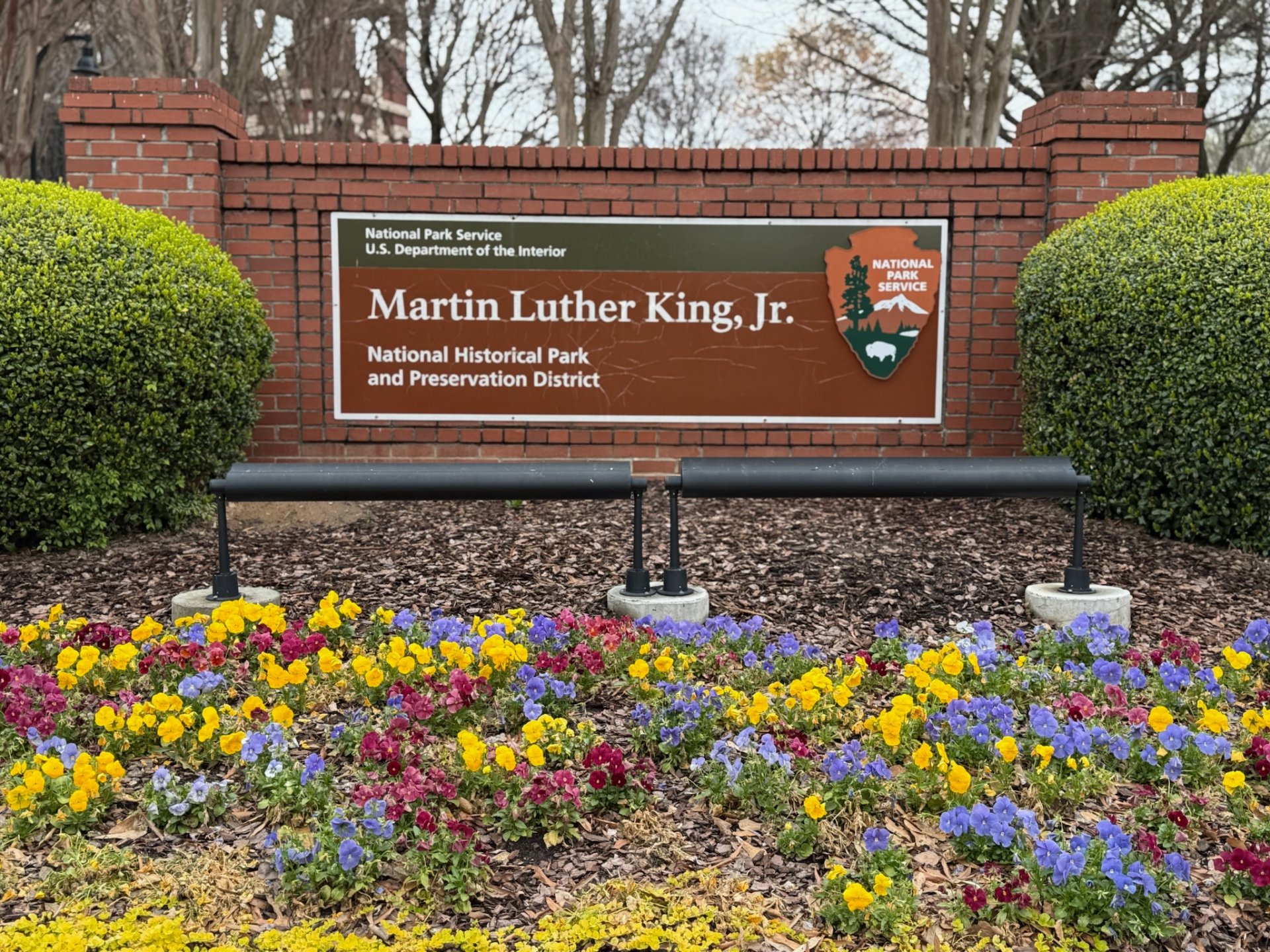
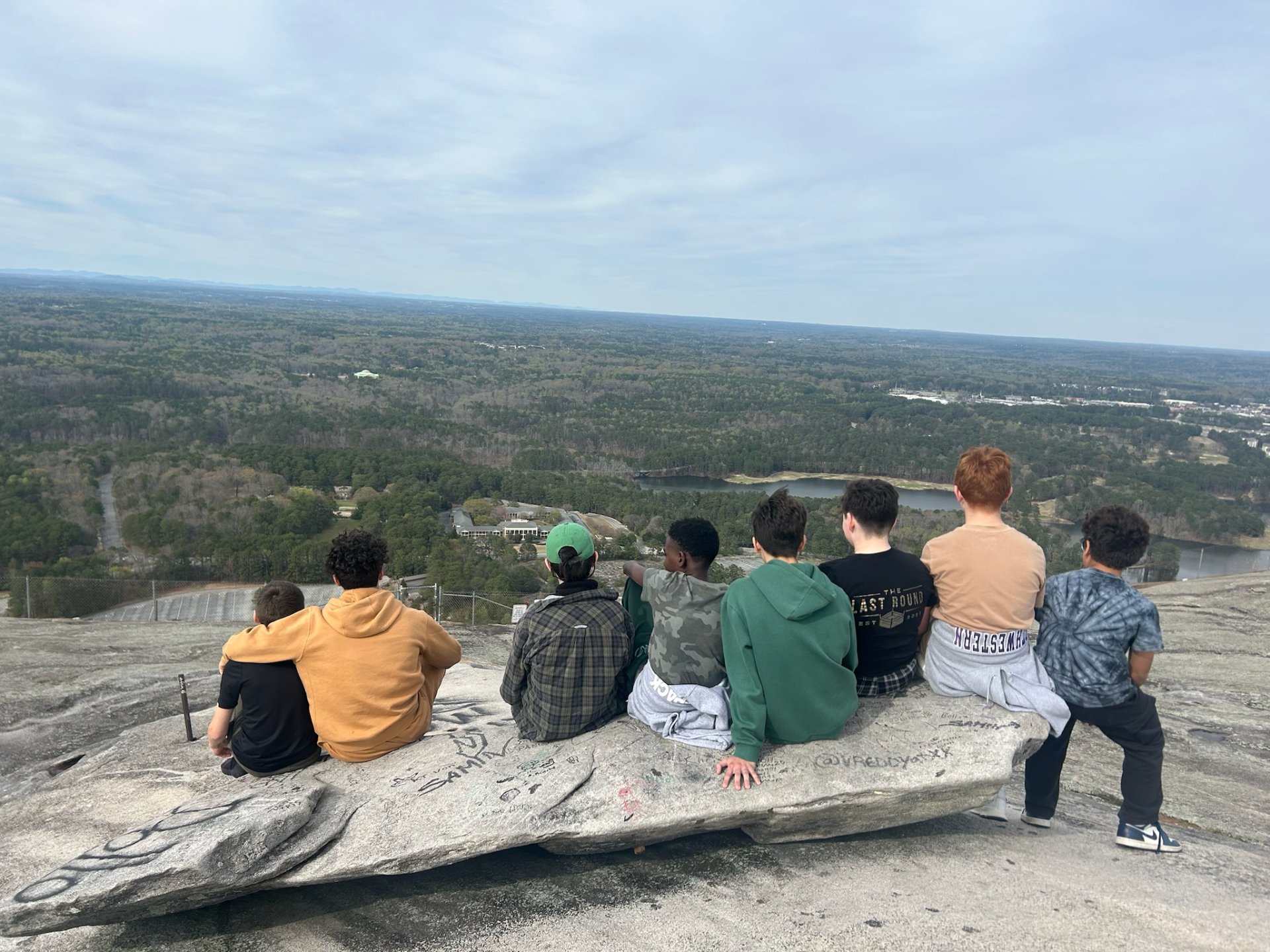
There are no photos currently added to this gallery.
“An education capable of saving humanity is no small undertaking; it involves the spiritual development of [the person], the enhancement of [their] value as an individual, and the preparation of young people to understand the times in which they live.” - Maria Montessori
By integrating real-world experiences with academic learning, we ensure that students don’t just learn about history—they live it, reflect on it, and feel empowered to shape the future.
We will be sharing blogs written from the students all week long as well as photographs of their experiences. Stay tuned for more!
